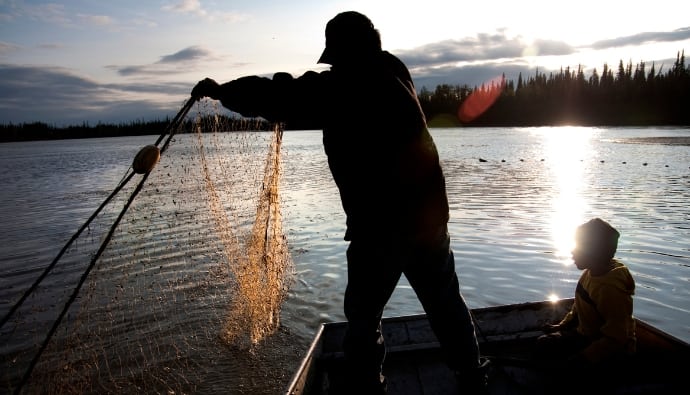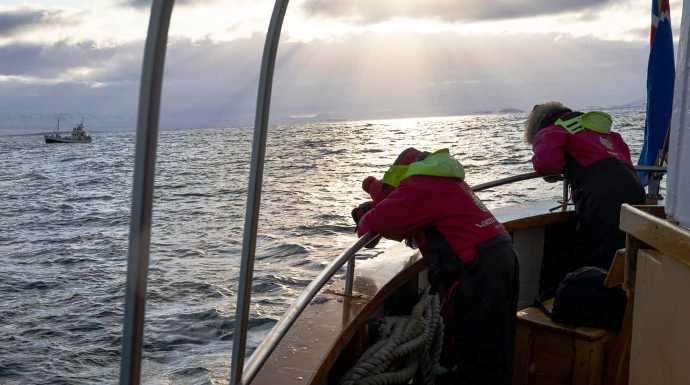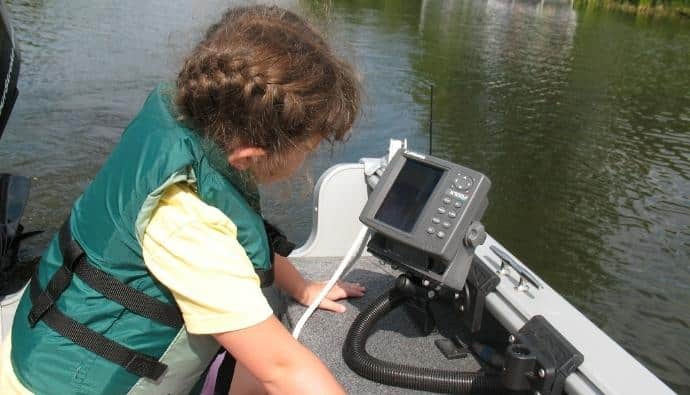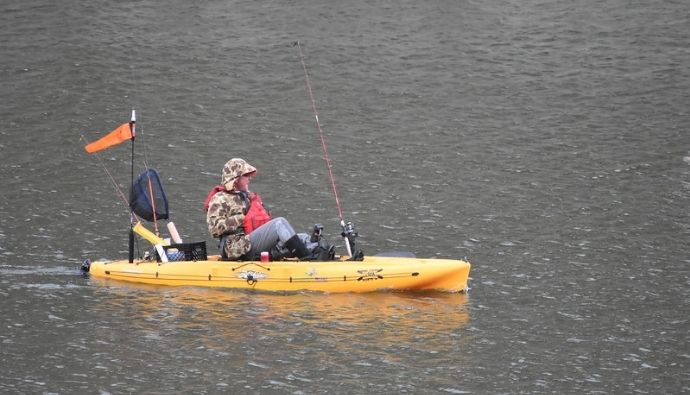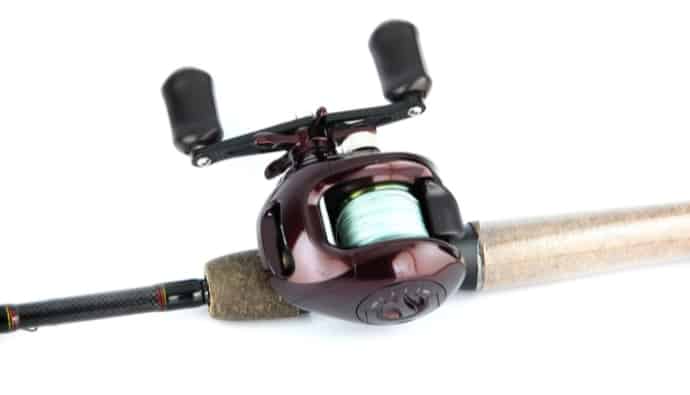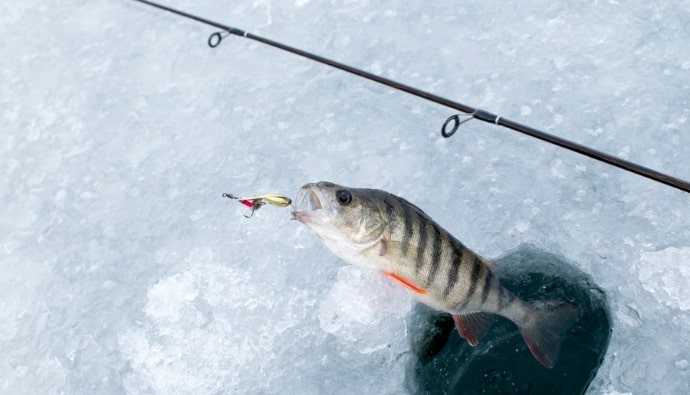Are you wondering what boat sound signals should be used to alert others? Using signals is a major part of navigating a vessel on the sea. Signals help to prevent accidents and obstruction when multiple boats are moving at the same. In this guide, we cover the various sounds you need to know to boat safely.
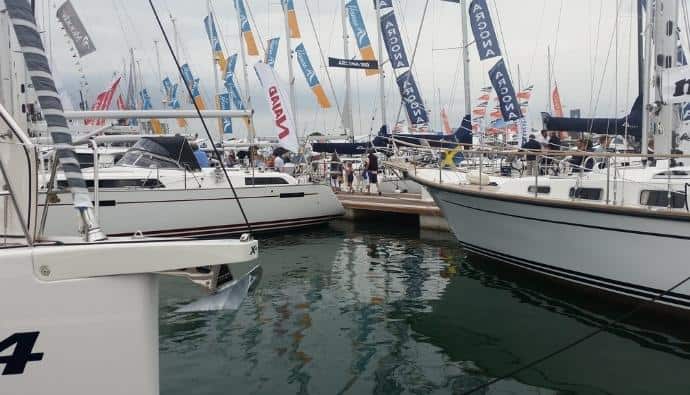
One of the most important signals to master as a boater is the sound signal. Using proper sound signals is crucial during periods of limited visibility. This will enable other boaters to know your location and what action you are taking. Utilizing sound signals ensures the safety of all boaters.
In this article, we will discuss all that you need to know about sound signals.
How Are Sounds Made On a Boat?
A crucial part of utilizing sound signals is making use of the right devices. There are legal requirements when it comes to sound-producing devices that a boat must have.
The two devices that every boat should possess are a whistle and a bell. To make a sound, you simply need to stroke the bell or blast the horn, depending on the situation.
The size of your boat determines the requirement for sound devices. For boats that are less than 39.4 feet in length, you must carry one of three devices. These devices are a whistle, bell, or air horn.
In the event that you are facing an emergency, a gun or utensils like pans and pots can be used to make sound signals. For boats that are longer than 39.4 feet but less than 65.6 feet, having a whistle and a bell is a compulsory requirement. The mouth of the bell on a big boat must measure up to 7.87 inches in diameter.
On the other hand, the whistle must be audible up to half a mile from your boat. It is important that you check that your boat meets these requirements before leaving the dock.
When To Use Sound Signals
Sound signals must be used correctly in order to avoid confusion and accidents. The only situation in which using sound signals is required is when the boats are in sight of each other.
To make it clearer, only use a sound signal if you are meeting or crossing another vessel within a distance of a half mile. There are specific signals that are during periods of restricted visibility, particularly in fog.
Types of Sound Signals
The main function of sound signals is to alert and warn other boaters. Before we go on to discuss the appropriate sound signal for different situations, it is important to highlight the type of sound used on a boat.
There are four main classifications of sound signals based on their functions. These are maneuvering signals, warning signals, channel signals, and limited visibility signals.
Maneuvering Signals
Maneuvering signals are used to communicate your intention to get around another vessel. Basically, it indicates the direction that you want to take. It is essential to note that a short blast only lasts one second.
- One Short Blast: A short whistle blast indicates that you are about to pass a water vessel on your port side.
- Two Short Blasts: Two short blasts indicate that you plan to pass a water vessel on your starboard side.
- Three Short Blasts: Three short blasts is a sign that you are backing up.
Warning Signals
Warning signals are also referred to as danger signals. These are signals that alert other boaters of your actions. It is essential to note that a prolonged blast lasts between four and six seconds, ideally.
- Three Short Blasts: This sign is used as both maneuvering and warning signals. Three short blasts of your sound device indicate that you are backing up. It also means that you are operating astern propulsion.
- Five Short Horn Blasts: This is a warning signal that indicates danger. When using this signal, it is important that the horn blasts are rapid blasts. This ensures that it is not confused for prolonged blasts. Five horn blasts are used to signal potential collision with another vessel. It can also be used as a means to prompt an approaching boat to indicate its intentions.
- One Prolonged Blast: A prolonged blast is used to warn other vessels around you. It can be used to communicate that you are leaving a berth or dock. In the same vein, it can be used to indicate that you are blind to a turn or approaching an obstruction.
- One Prolonged Blast Repeated Every Two Minutes: This signal is used in a period of limited visibility, specifically when you are moving in a power-driven vessel.
- One Prolonged Blast Plus Two Short Blasts Repeated Every 2 Minutes: This is used in a period of limited visibility, specifically when you are moving in a sailing vessel. It is useful when boating in fog.
Channel Signals
Channel signals refer to signals that are used when vessels are in a narrow channel.
- One Long Blast and One Short Blast: This signal is used to communicate that you intend to overtake a vessel on your port side.
- One Long Blast and Two Short Blasts: This signal is used to communicate that you intend to overtake a vessel on your starboard side.
Limited Visibility Signals
These signals are helpful when navigating in conditions of limited visibility. These signals are reliable in periods of fog.
- Two Prolonged Blasts Repeated Every 2 Minutes: Use this signal when you are in a power-driven vessel that is not moving or anchored.
- Five Seconds of Rapid Bell Ringing: In the case that your vessel is at anchor when visibility is restricted, you need this signal. Simply ring your bell rapidly for 5 seconds. Do this repeatedly at intervals of one minute.
- Three Bell Strokes and Five Seconds of Rapid Ringing with Three Bell Strokes: This signal helps in the event that your vessel is aground. Start by stroking your bell three times, follow this with five seconds of raping ringing, then stroke the bell three times again.
Tips To Help You Signal Better
Signaling properly is crucial to the survival of every boater. In this section, we will provide tips to help you signal better when on the water.
Learn The Basics
Learning the basics of boating is a no-brainer when it comes to signaling. A mastery of boating terms will help you to understand sound signals better. One of the things that you need to know is the sides of the boat.
Every boat has two sides, which are the port side and the starboard side. The port side is the left side of the boat when you are facing the bow. The starboard side is the right side of the boat when you are facing the bow.
Go At A Moderate Speed
Moving too fast reduces reaction time and can cause serious problems. It is important to travel at a safe speed in order to prevent accidents.
Be Careful
Not every boater on the sea is as skilled as you are. It is, therefore, important to look out for your safety by indicating your signals properly. You should also be respectful, giving the appropriate vessels the right of way when needed.
Avoid Government Vessels
Avoid getting in the way of government vessels. As a matter of fact, government vessels should be given the right of way always.
Frequently Asked Questions
In this section, we will answer frequently asked questions about sound signals.
Three blasts from a ship horn indicate that the boater is backing up. It could also mean that the boater is operating astern propulsion.
There are four main classifications of sound signals for boats. These are maneuvering sound signals, warning sound signals, channel sound signals, and limited visibility sound signals.
To signal that the boat is backing up, a boater must indicate using three short blasts of the horn. It is important to mention that a short blast should last just one second.
A fog sound signal is used by boaters to indicate their location during periods of extreme fog. As fog reduces visibility, these signals help to prevent accidents.
Final Thoughts
Using the right sound signals is just as important as responding to signals from other vessels. Ensure to use the appropriate signals for your intended actions in order to avoid confusing other boaters.
Anytime you are not sure of what a boater is indicating, use the danger signal to communicate that. Five short blasts of your sound device will inform the boater of your dilemma. As power-driven vessels have a longer reaction time, it is important to use your signals promptly.


 Facebook
Facebook YouTube
YouTube